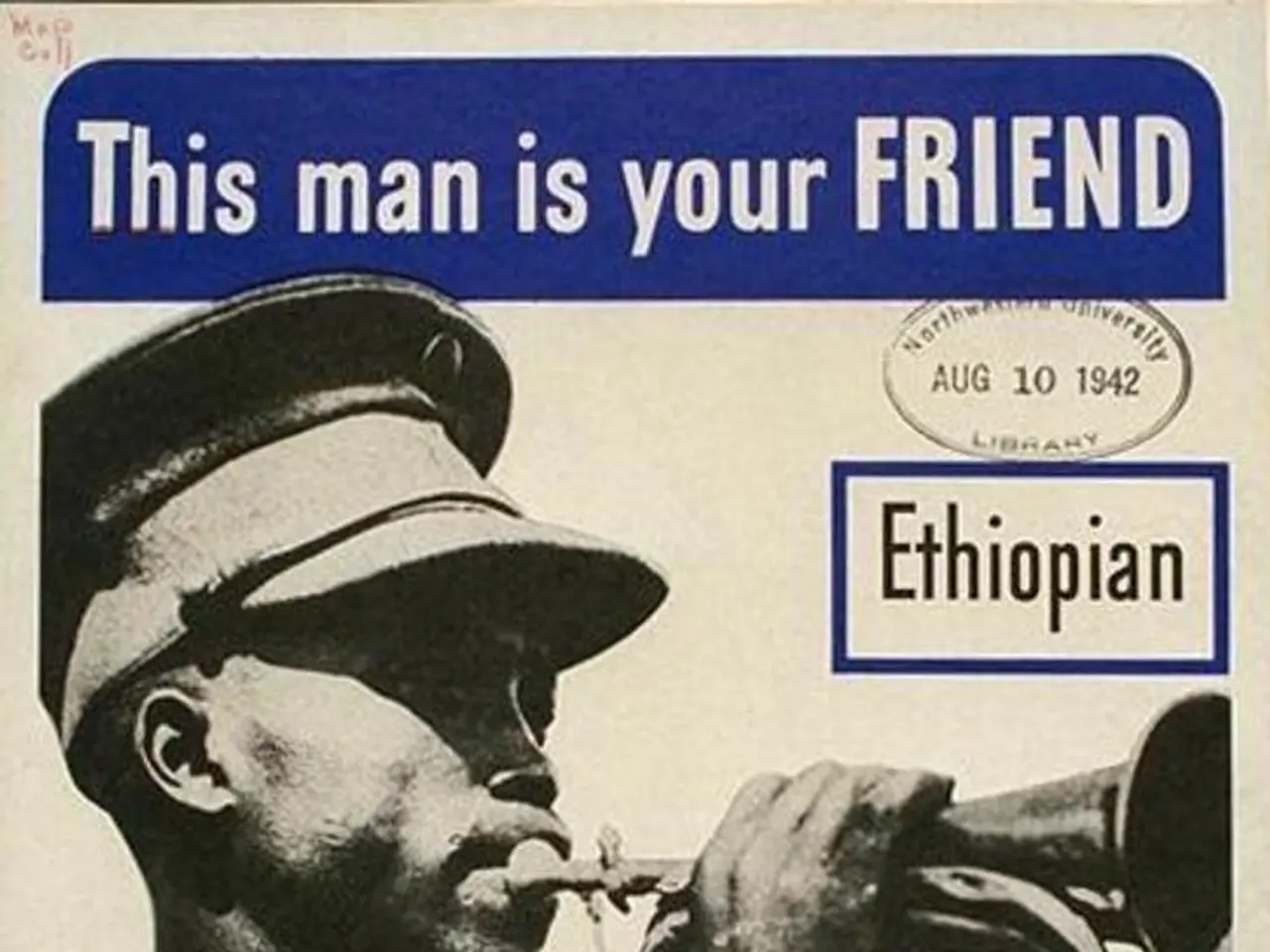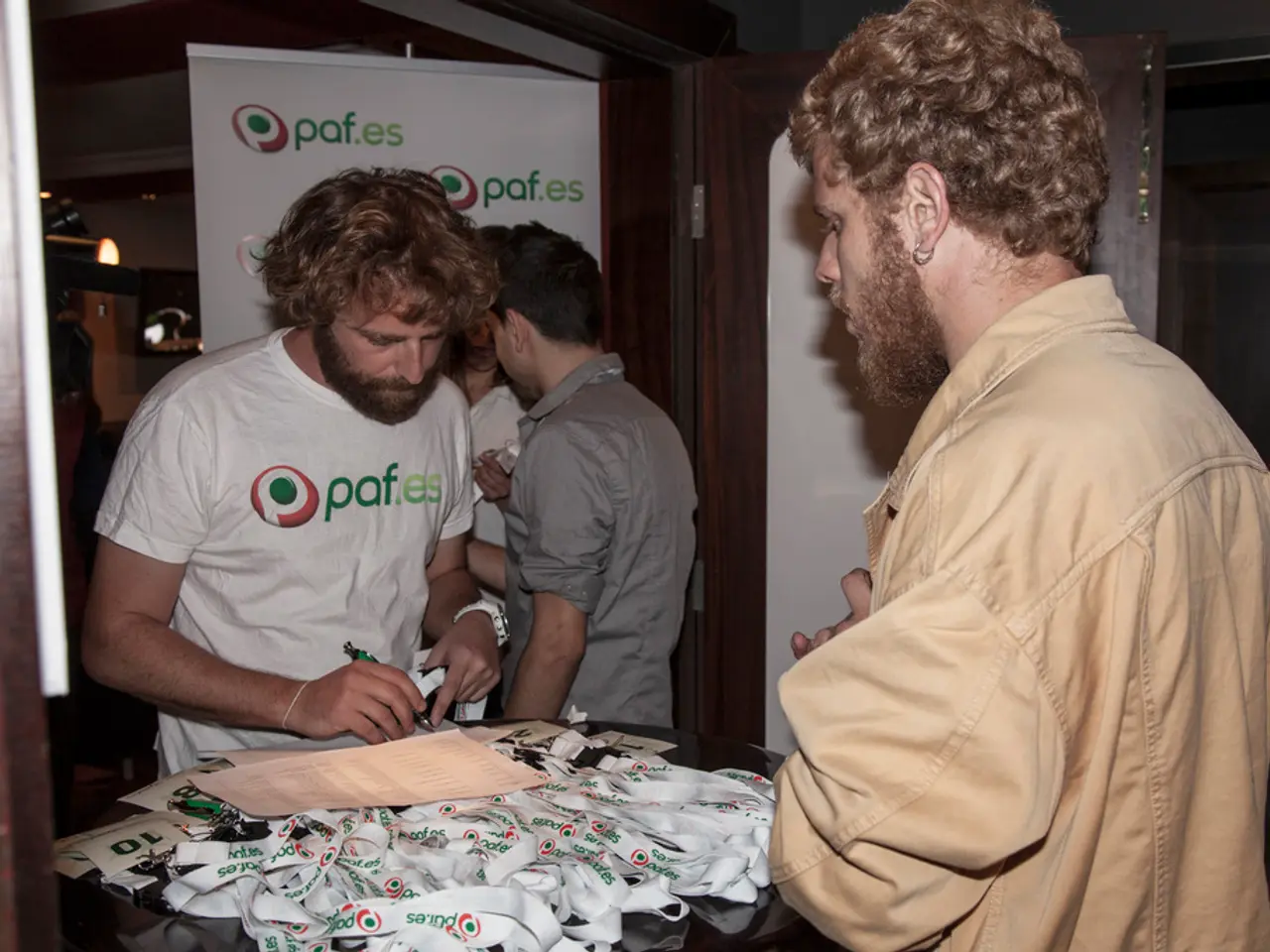Thoughtful Young Rebel: An Examination of Andreas Baader's Life
In a surprising twist, Andreas Baader, co-founder of the infamous German militant group the Red Army Faction (RAF), found solace and a sense of freedom within the confines of prison, as detailed in Alex Aßmann's book, "Free in Prison."
Published by Edition Nautilus this spring, the 288-page hardcover retails for 22 € and offers a unique perspective on Baader's life, including his time in prison, his writings, and his political views.
Baader's prison writings were not mere passing thoughts, but rather, they held existential significance for him. Writing against the depressions that often overwhelmed him in prison, he filled eleven notebooks and note-books, providing a different perspective on him than usually presented in the media.
The book emphasizes Baader's complex psychological and ideological stance: despite being incarcerated, he embraced prison as the space where his revolutionary ideals were most alive and unbound by societal norms.
This view reflects a deep conviction that genuine freedom for a revolutionary comes not from physical liberty but from remaining steadfast to their cause, even under repression. Baader’s outlook challenges conventional notions of freedom, framing imprisonment as a form of liberation from bourgeois society’s constraints.
Baader's writings also reveal his political and personal efforts to shape his life as a prisoner. He drafted court statements expressing his views on societal frameworks and the necessity of violent protest. His letters, the result of several drafts, show a lot of effort for seemingly spontaneous gestures.
One such instance was his correspondence with his incarcerated lover, Gudrun Ensslin. Their letters reveal discussions about inner states, readings, and their relationship with Baader's mother.
Baader's views on Western capitalism were that it was violent and manipulative, and he believed that protest against it should also be violent. This conviction was evident in his actions, such as the arson of two Frankfurt department stores on April 2, 1968, to protest against the Vietnam War.
However, Baader's life was not without controversy. A collection of letters from Baader, Ensslin, and Proll, titled "Subculture Berlin," was edited by Hartmut Sander, but Baader did not like it. Klaus Lemke's film about the department store fire, "Arsonists," was also differently interpreted than intended by Baader.
Baader was rearrested in 1972 as Public Enemy Number 1 and died in 1977 in the prison of Stuttgart-Stammheim, most likely by suicide. His biography, "Free in Prison," offers a poignant exploration of a complex figure, shedding light on the paradoxical nature of his life and the ideals he fought for.
The 288-page book, "Free in Prison," published by Edition Nautilus this spring, contains a unique examination of Andreas Baader's political views and his writings, which were more than just passing thoughts but held existential significance for him, especially while he was incarcerated. Baader's perspective on prison as a space where his revolutionary ideals thrived in contrast to societal norms is emphasized in the book, offering a different view of him than generally portrayed in the media.






